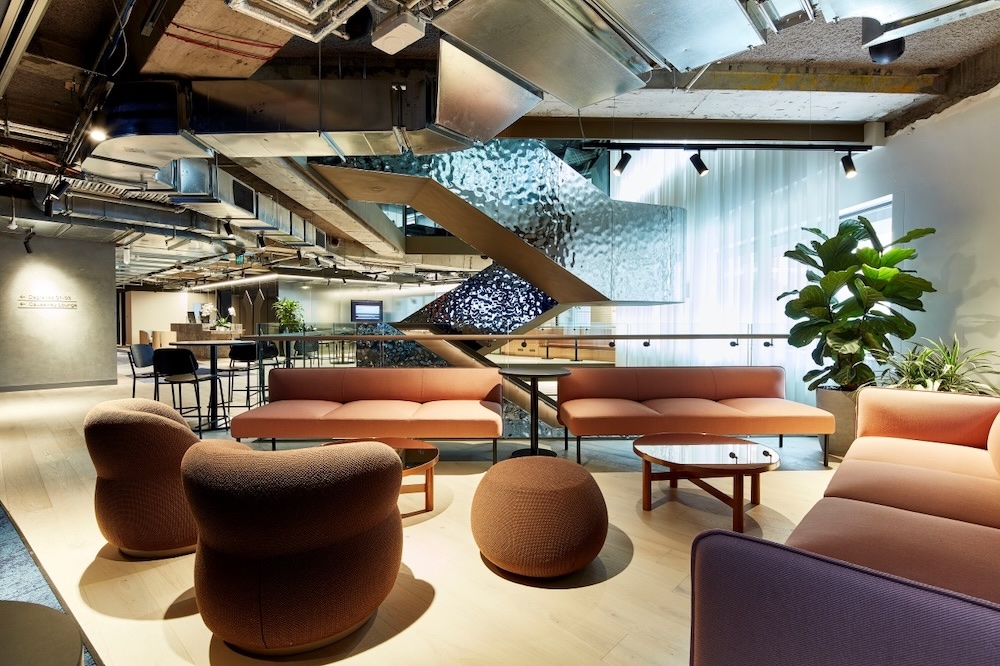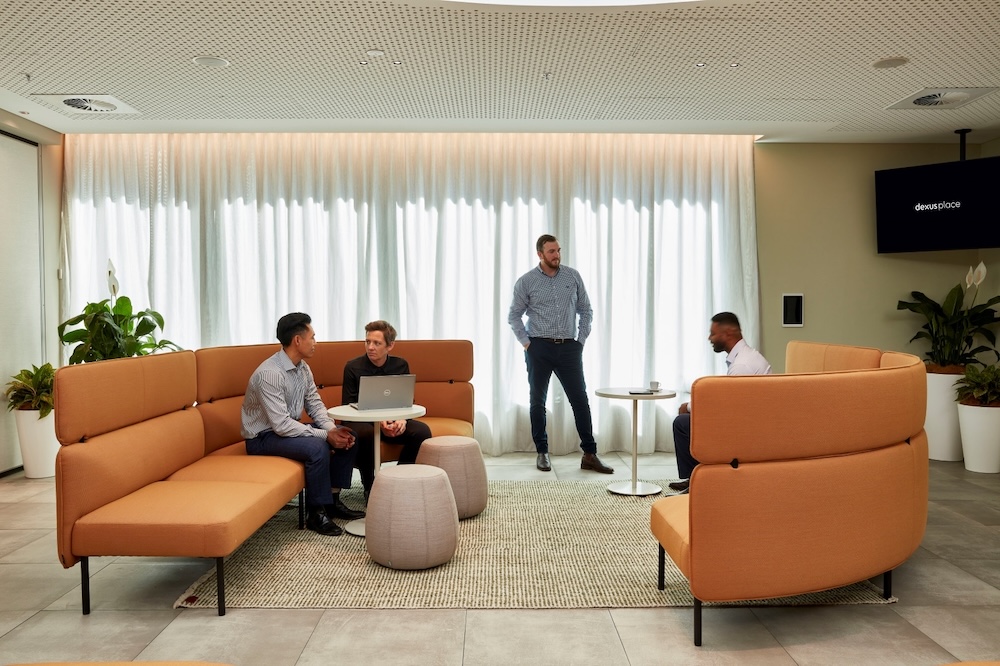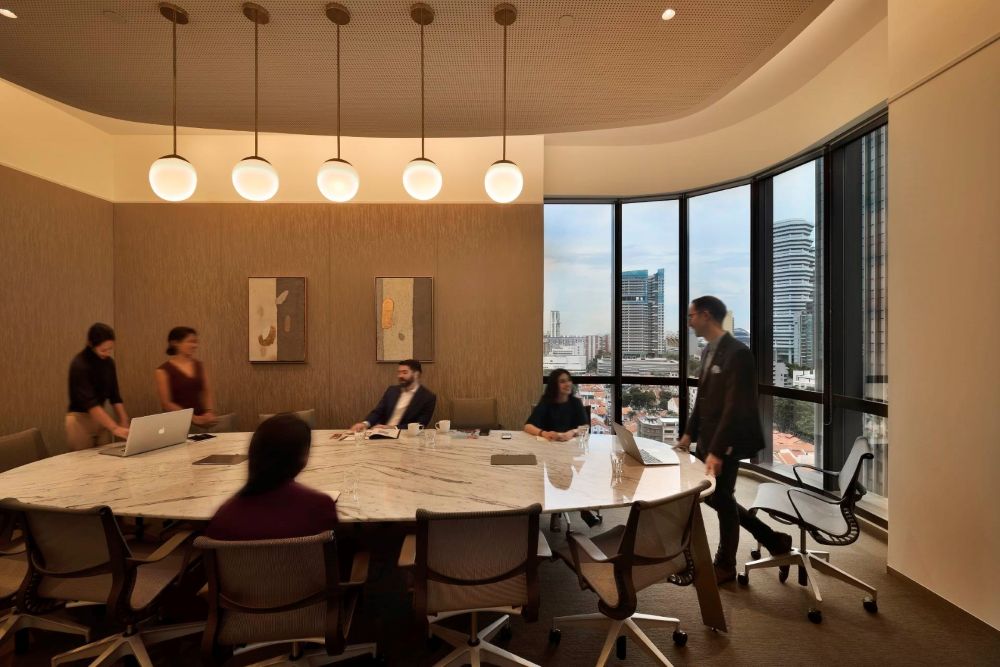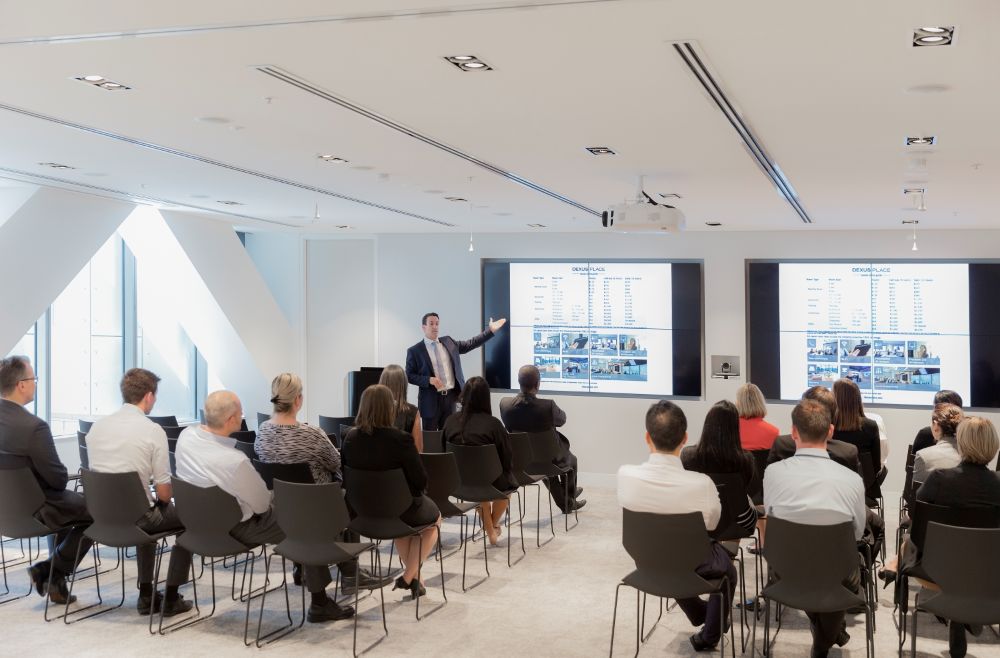Markets move fast, and yesterday’s plans can become obsolete by tomorrow. Traditional project management, with rigid timelines and fixed plans, often struggles to keep up in fast-paced business environments.
To stay ahead, teams need an approach built for change. This is where adaptive project management shines, enabling teams to respond to new information and evolving client needs.
To help businesses put this into practice, this guide offers a step-by-step framework for implementing adaptive project management. We’ll break down core principles, provide actionable steps, and highlight essential tools, so your projects don’t just keep up with change, but thrive in it.
The Core Principles of an Adaptive Approach in Project Management
Prioritise People Over Processes
In an adaptive environment, the focus shifts from following a rigid checklist to empowering the people doing the work. This means fostering a culture of trust and autonomy, where team members are trusted to make good decisions.
When team members feel safe to speak up, ask questions, or admit mistakes, they are more likely to contribute their best work and take smart risks.
Embrace Change as an Opportunity
Traditional project management often views unexpected changes as a failure in planning. An adaptive approach, however, sees them as an opportunity to improve.
This mindset encourages teams to be proactive and innovative. Instead of being afraid of new information, they actively seek it out, using it to refine their work, better meet client needs, and ultimately deliver a superior final product.
Deliver Value Incrementally
Instead of working for months on a final product, adaptive project management breaks large projects into smaller, manageable phases. This approach enables teams to deliver a usable version early, allowing stakeholders to see tangible progress sooner.
It’s not just about speed—it's about learning. By incorporating real-world feedback from clients and users at each stage, teams can make informed adjustments and ensure their work stays aligned with market needs.
Step-by-Step: Implementing Adaptive Project Management
Start with a Clear Vision, not a Rigid Plan
The first step in this adaptive project management framework is to define a clear, overarching project goal. Your team needs to understand the "why" behind the work.
This strong vision acts as a compass, keeping everyone aligned on the ultimate destination even when the path to get there changes.
Run Short, Focused Sprints
This adaptive project management methodology thrives on momentum. You can achieve this by using short, focused work cycles, often referred to as "sprints."
These sprints typically last one to three weeks and are centred around delivering a specific set of tasks. At the end of each sprint, the team holds a "sprint review" to share their progress, gather feedback from stakeholders, and quickly pivot based on what they've learned.
Foster a Culture of Continuous Feedback
In adaptive project management, feedback isn’t just a step in the process—it’s the engine that drives success. Teams should establish open, accessible channels for team members, stakeholders, and clients to share input at every stage. The more actively you listen and respond to this feedback, the more agile, responsive, and effective your team will become.
Tools for an Adaptive Team
Digital Tools for Communication and Collaboration
For teams to be truly adaptive, they need to be connected. The right digital tools are vital for maintaining alignment and transparency, especially in a flexible environment.
Essential software includes project management platforms like Trello or Asana for visualising workflows, communication apps like Slack or Microsoft Teams for real-time dialogue, and virtual whiteboards for brainstorming and ideation.
The Physical Workspace as a Key Tool
The workspace itself must also be a tool that facilitates collaboration, focus, and rapid change. A traditional, fixed-layout office can be a hindrance, while a flexible workspace can be an asset.
Adaptive teams need spaces that can be reconfigured for a quick huddle, a focused individual work session, or a formal client review—all without friction.

A casual discussion area at The Work Project’s offices at 80 Collins Street, Melbourne
The Work Project: Designing Workplaces for Adaptability
For businesses aiming to fully adopt an adaptive project management mindset, the workspace should play a strategic role. The Work Project’s environments are purpose-built to provide precisely that.
Flexible Spaces for Dynamic Teams
The fluid needs of an adaptive team are perfectly matched by The Work Project's office spaces for rent in Sydney, Melbourne, Brisbane and Perth. Our hot desks, private offices, and collaborative lounges allow teams to quickly reconfigure their setup for a brainstorm, focused sprint, or client meeting.
Infrastructure that Enables Rapid Action
Rapid action is central to adaptive project management, and it can be derailed by poor infrastructure. We remove this hurdle with reliable, high-speed internet and professional AV-equipped conference rooms for hire in Sydney and other cities in Australia. This allows your team to focus on the work, not on the technology.
A Community that Fosters Innovation
Adaptive teams thrive on new ideas. Being in a community of diverse professionals and businesses can spark new thinking and provide unexpected solutions. The Work Project's community events are curated to serve as a catalyst for this new thinking and collaboration.
Our vibrant ecosystem connects you with innovators and entrepreneurs, providing a constant source of inspiration and new opportunities.
Building Teams That Thrive on Change
Adaptive project management is more than a set of practices—it’s a mindset that puts flexibility, feedback, and people at the centre of every project. Its success relies on a supportive environment that enables rapid adaptation and seamless collaboration. By focusing on these elements, you can build a resilient, responsive team ready to meet whatever the market throws their way.
Adopt an adaptive approach to your work and consider how your physical environment can amplify your team’s effectiveness. Reach out today and discover how The Work Project’s flexible, community-driven spaces can empower your team to deliver their best work.






